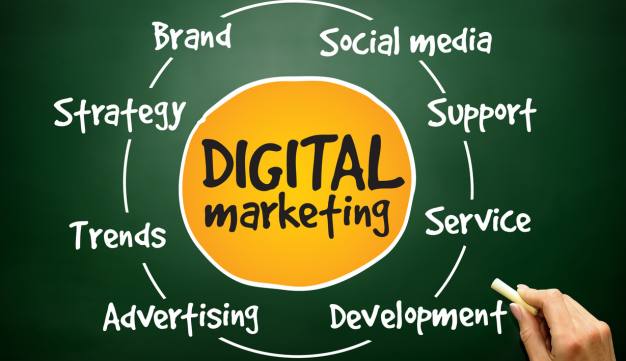
Digital marketing is not a switch
Demystifying Digital Marketing: More than a Switch, it’s a Continuous task.
In the fast-paced world of digital marketing, the nature of the discipline is often misunderstood.
Some might see it as a magic switch that, when turned on, immediately generates a steady stream of prospects and customers.
However, the reality is much more complex and requires a deeper understanding of consumer psychology and a well-crafted strategy.
1. Market Insight: Beyond the Numbers
Digital marketing is not simply about reaching a certain number of clicks or impressions. It is crucial to understand the audience on a deeper level.
Each person in the marketplace is unique, with his or her own motivations, concerns and decision-making processes. An effective approach involves understanding these complexities and adapting strategies accordingly.
2. Strategy: The Foundation for Long-Term Success
Contrary to popular belief, digital marketing is not a one-time event. It’s not about launching a campaign and expecting instant results.
True effectiveness lies in a well-planned and disciplined strategy. This involves creating relevant and valuable content, continuously optimizing campaigns and adapting to changing market trends.
3. Disciplined Consistency: Building Trust Over Time
Consistency is key in digital marketing. It’s not just about being present, it’s about being consistent in delivering quality messages and content.
Building trust takes time, and disciplined repetition of messages strengthens the connection with the audience. Trust is an invaluable asset that accumulates over time, not an instantaneous result.
4. Capitalizing on Time: Patience as an Entrepreneurial Virtue
In a world obsessed with instantaneity, digital marketing requires patience. Building a solid presence and genuine connection with the audience takes time. It is a process of capitalization over time, where every interaction and every campaign contributes to a stronger and longer lasting presence in the market.
conclusion: Digital Marketing as Art and Science
Demystifying digital marketing involves recognizing its complexity and embracing the reality that it is not a magic switch.
It is a combination of art and science, where deep market understanding, strategic implementation and disciplined consistency are the driving forces for long-term success.
Ultimately, digital marketing is an investment in building strong and lasting relationships with a unique audience.

















